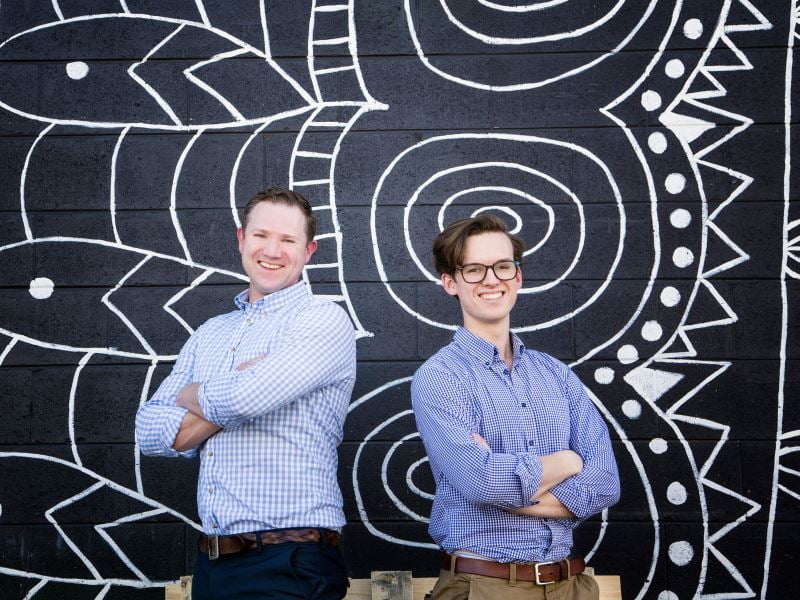Adelaide AgTech startup T-Provenance has raised $500,000 to pilot its blockchain technology with Northern Australian mango producers, as part of a two-year project being managed by the Cooperative Research Centre for Developing Northern Australia (CRCNA).
The funding includes a $300,000 grant from the CRCDNA, as well as Data61.
The CRCNA was established by the Australian Government as part of its $6.2 billion commitment to help businesses, governments, and researchers work together to identify growth opportunities for businesses in the north.

Over the next 10 years, the CRCNA will invest $75 million of Commonwealth funding to support industry-led collaborations in three areas: agriculture and food, tropical health service delivery, and traditional owner-led business development.
Andrew Grant, co-founder of Availer, the AgTech betaworks responsible for co-founding T-Provenance, said the project is a clear example of the growing engagement between industry and government.
“I think the CRC for Northern Australia are very much focused on that industry engagement and we see, as a startup company, getting this kind of support is absolutely vital to accelerating these technologies,” he told InnovationAus.com.
“Our core focus is on commercialisation. From day-one we engaged with industry on what’s the price point and what’s the real value we can bring to the industry, and obviously we’re very thankful the CRC for Northern Australia.”
Mr Grant, however, pointed out the need for more government policies to focus on assisting startups with commercialising their ideas.
“The next phase of development for policy should be focused on commercialisation. Some of that has gone out already, but we see that there’s still a real opportunity for us to build on that. In hindsight that model could be really valuable to future-proof our AgTech industry,” he said.
T-Provenance will initially work with Queensland horticulture peak body Growcom and mango producer Manbulloo to integrate its technology to monitor mangoes through the supply chain – from farm to retailer – to ensure food safety, quality, traceability and authenticity.
Internet of Things-enabled sensors and smart chips will be used to monitor things like temperature and humidity, and any other parameters to help understand and improve the mango supply chain.
The collected data will then be fed through a blockchain application layer, which will be made accessible via a dashboard for distributors, wholesalers, producers and retailers to view.
“What we’re looking for in the supply chain is the blind spots and where there are opportunities to improve or remove things that could be reducing the quality of mangoes, which can lead to a reduction in shelf life, price point and margin,” Mr Grant said.
Growcom’s lead innovation coach Steve Tiley said while such initiatives are indicative of the government’s growing understanding around the significance of Australia’s agriculture sector, there is still a technology adoption gap within the industry.
“Our problem with our industry is we have an implementation and adoption problem, and that’s what we’re trying to work through now,” he said.
“We‘ve got this research and development, but no extension service to try and help the growers, even though they have to be innovative all the time because they work on such tight profit margins.”
While the mango supply chain may be the main focus for this pilot, Mr Grant said there is an opportunity to see the technology applied elsewhere.
“I’ve since been approached by other groups to be part of the project. That’s the whole point of this model, so that we can help remove market failures between late-stage R&D and early stage commercialisation. The CRC is bridging that gap.”
In the meantime, Mr Grant said T-Provenance have taken it upon themselves to support the local startup community through its own “apprenticeship for entrepreneurs” program.
“We have in excess 20 or 30 people on our books that we engage with, and they’re people that are looking at other pathways in their careers to be AgTech entrepreneurs and address local pain points with global applications.”
Do you know more? Contact James Riley via Email.

